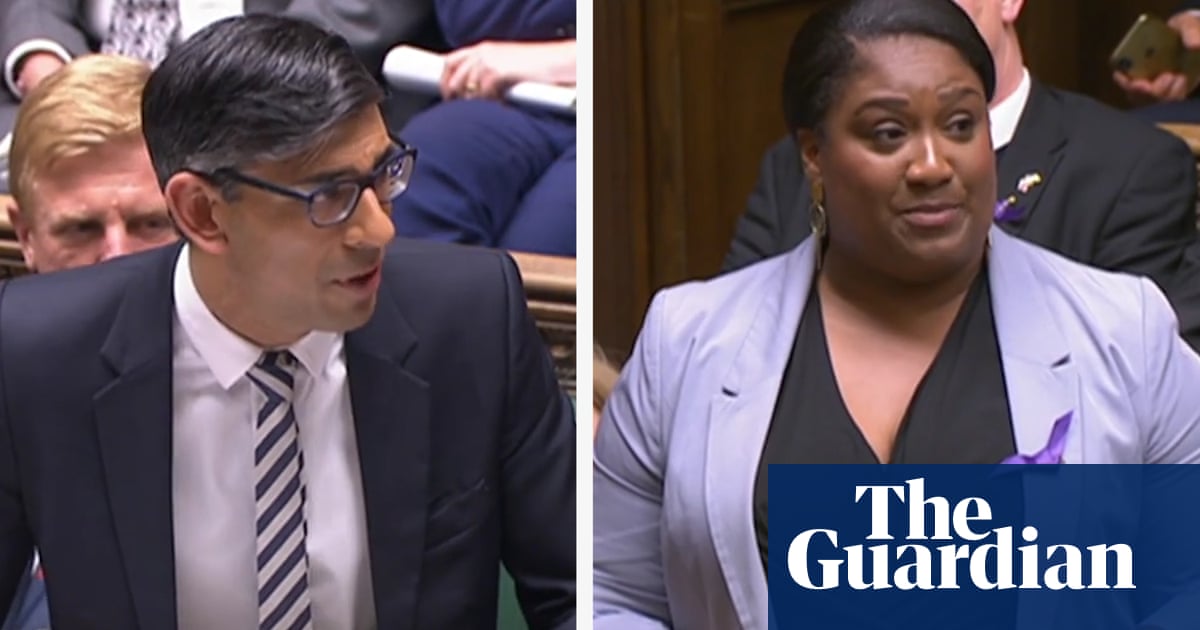
Rishi Sunak has been warned the government is running out of time to save the economy amid a rapidly worsening growth outlook and soaring inflation hitting businesses.
The director general of the British Chambers of Commerce (BCC), Shevaun Haviland, said the chancellor urgently needed to announce a package of financial support for firms struggling with a “perfect storm” of rising energy prices, chronic staff shortages and supply chain problems.
“They need to put in place support for businesses now,” she told the business group’s annual conference in London. “We are on limited time. The government has until the autumn budget to reset, rethink and get their house in order.”
Britain’s economy is coming under severe pressure, with inflation at the highest rate since 1982 and the Bank of England governor, Andrew Bailey, warning the UK was facing a worse slowdown than many of its global rivals. Already at 9.1% in May, inflation is forecast to peak above 11% this autumn.
Economists at Goldman Sachs said on Wednesday the chances of a UK recession had risen, coming closer to 50-50. Analysts at the US investment bank said: “We think a recession is more likely in the UK than in the euro area (40%) and the US (30%), and recession risks are more front-loaded in the UK, with the current quarter likely in contractionary territory.”
Sunak, speaking in an interview with Haviland at the BCC’s annual conference, said the government would announce a fresh round of investment incentives to support companies at the autumn budget. “We know how important business investment will be to our recovery, so we want to make sure that the autumn budget will continue to support that,” he said.
The chancellor said the government was working on plans to replace its “super deduction” scheme, which offers companies relief on their tax bills when they invest in productivity boosting technology and assets. “It was temporary and it expires next spring. But what we’ve committed to doing is finding a more permanent replacement for the super deduction, which will continue to strongly incentivise business investment.”
Official figures show UK households suffered another fall in real incomes in the first three months of the year, amid a severe squeeze from soaring energy costs.
Real household disposable incomes fell by 0.2% in the first quarter, according to the latest GDP data from the Office for National Statistics – the fourth straight quarterly decline, in the worst run since records began in 1955.
Boris Johnson, speaking on a visit to Madrid for the Nato summit, suggested he wanted to cut food tariffs “we don’t need” to address the cost of living crisis by reducing the price of imported goods. He said the government would review its options.
Anne-Marie Trevelyan, the international trade secretary, is working on a list of products where tariffs could be cut, the Times reported. However, she used a speech at the BCC conference to warn that “haphazard” reductions would have a negative impact and do little to benefit British consumers.
“Tariffs are not the be all and end all of trade policy, and haphazard reductions are not a lasting solution to economic problems,” she said.












